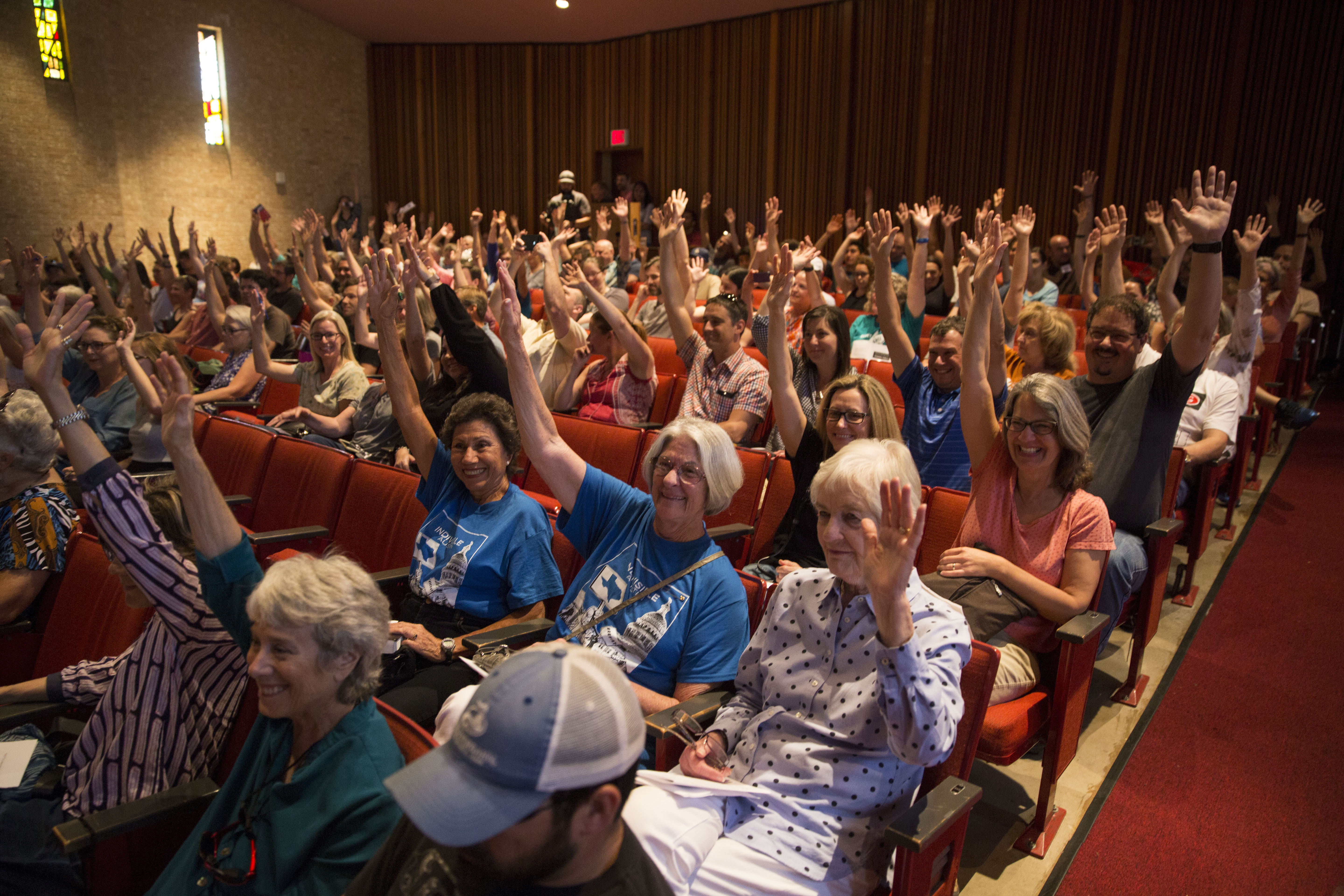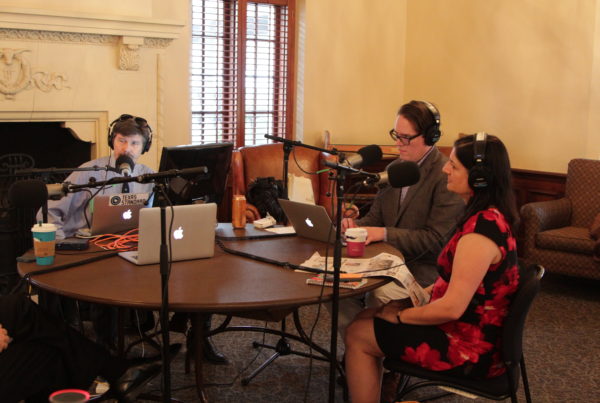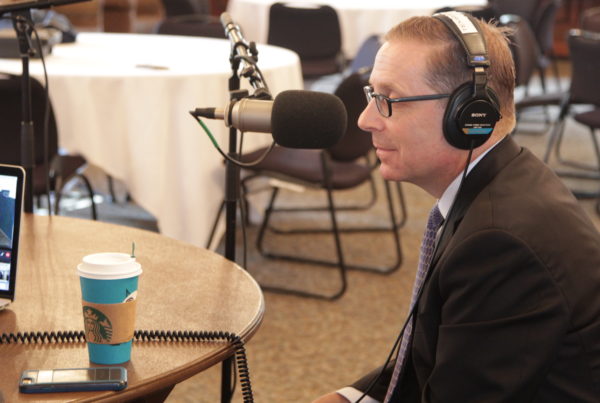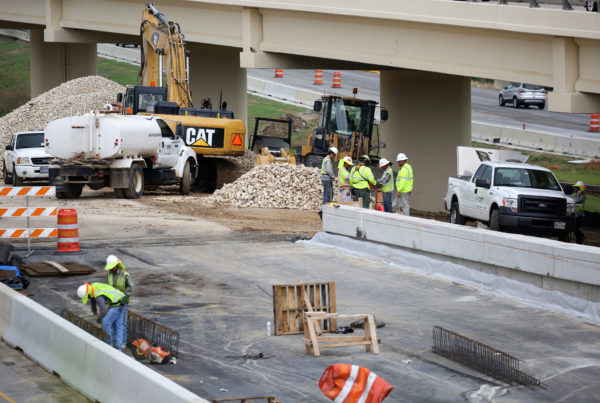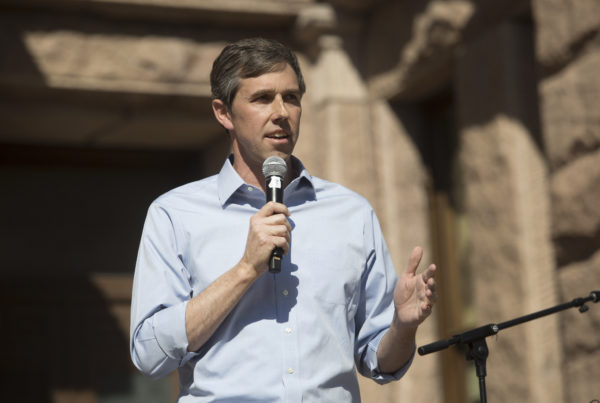In recent months, sightings of sign-carrying marchers at protests across the state and around the country suggest an increase in civic engagement. But does that extend to the average Texan? Members of the Texas Standard team asked people on the streets of Austin and San Marcos a few basic questions about which politicians rank among the state’s leadership. Results were mixed.
To better understand how Texans are engaging in the current political moment, Texas Standard Host David Brown talked with Christina Tzintzún, founder of Jolt, an organization that works to build the political power and influence of Latino Texans, and Caroline Chadwick, the State Chairwoman of the Young Conservatives of Texas.
Tzintzún says that testing Texans’ ability to name their politicians is not the best way to gauge the community’s political engagement.
“I have found that in this political moment, in a time when the Latino community in particular is being demonized and criminalized both at the state and federal level, young people may not be able to name their politicians, but they can tell you the issues that they care about, that their community matters, and that they want to do something about those issues,” Tzintzún says.
Chadwick says that Republican candidates in Texas will often rely on their affiliation with the party to win votes, hindering any sort of meaningful political engagement.
“The problem with Texas is that it’s so Republican that people assume they’ll just win,” Chadwick says. “If we start talking about the issues, then it starts creating a discussion (about) which candidate is better for our area rather than thinking, ‘I’m a Republican,’ or ‘I’m a Democrat.’”
Tzintzún says a major issue affecting Latino political participation is voter turnout.
“There’s a long way to go to ensuring a democracy that is fully represented when Latinos make up 40% of the state’s population, yet we only comprise 19% of the electorate,” she says. “I think that we need to focus on voting (because) it’s the most fundamental ways to increase civic participation.”
Chadwick says that if Texas Republicans want to better engage their constituencies, they should focus on issues, not party affiliation.
“If we had more discussion about the issues at town hall meetings during campaign season [and] if more people started asking questions about what can [candidates)\] do for their district, then we could start talking,” she says.
Written by Rachel Zein.


